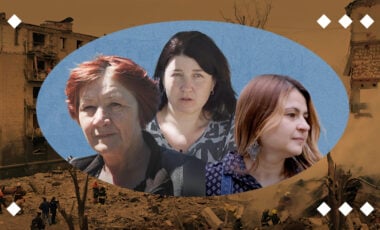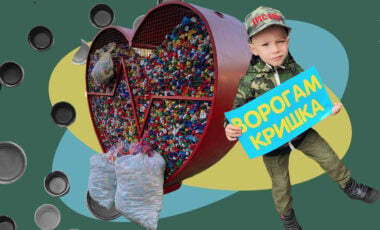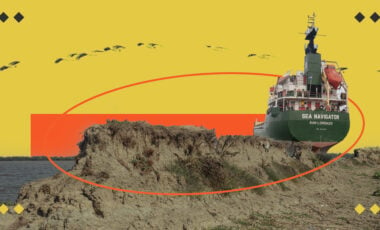Rivne becomes first Ukrainian city to win €1 million grant as part of NetZero sustainability project

Photo: netzerocities.eu
Rivne has become the first and only city in Ukraine to receive a grant for the NetZero environmental project aimed at reducing air emissions and improving the climate, Rubryka reports, citing Rivne City Council.
What's the problem?
The estimated cost of ruined housing nationwide is in the tens of billions of dollars. This includes damage or destruction of residential buildings, including multi-apartment complexes.
While quick and cost-effective restoration is possible, such construction requires a significant amount of resources and is unlikely to be environmentally friendly or suitable for normal living in the future.
Ukrainian cities face issues with infrastructure, a lack of green spaces, and inadequacy for pedestrians. Such cities will never be comfortable to live in.
The war in Ukraine and the EU accession process accelerated the recognition that new cities need to become "green."
What's the solution?
Rivne has become the first and only city in Ukraine to receive a grant for the NetZero environmental project to reduce air emissions and improve the climate.
"Our city is one of 52 pilot cities in Europe where the NetZero concept will be implemented," said the city council.
As emphasized by Mayor Viktor Shakirzian, the project is funded by the European Union, allowing its implementation even in wartime.
How does it work?
"This is an important step for energy security and sustainable development of the city. The implementation of the NetZero concept will help reduce the city's impact on climate change and create a clean environment for Rivne residents," said the head of Rivne.
In wartime conditions, it is particularly important that Rivne implement modern decarbonization technologies. Participation in the project will allow Rivne, alongside other cities, to:
- Implement best practices for addressing energy security and ecology issues.
- Exchange ideas with settlements that have already achieved significant progress in this direction.
"If Rivne successfully implements this project, it can serve as an example for other cities in Ukraine and Europe. They can use similar strategies to ensure sustainable development and reduce environmental impact," said the secretary of the Rivne City Council.
Unfortunately, a general culture of sustainable development is still lacking in Ukraine. People remain skeptical about installing composters near multi-apartment buildings, burn leaves, do not sort waste, and generally do not strive to acquire new ecological habits.
This problem exists in almost every city in Ukraine, regardless of the population size or housing type, whether in private houses or multi-apartment buildings.
The situation was the same in Liubotyn, a small town in the Kharkiv region. However, during the full-scale war, ZeroWaste managed to retrain residents not to burn leaves and nurtured an army of eco-activists. Read more about this in our article: "The second city in Ukraine joined the zero-waste concept: how the community in Kharkiv region embraced sustainable development."




















































